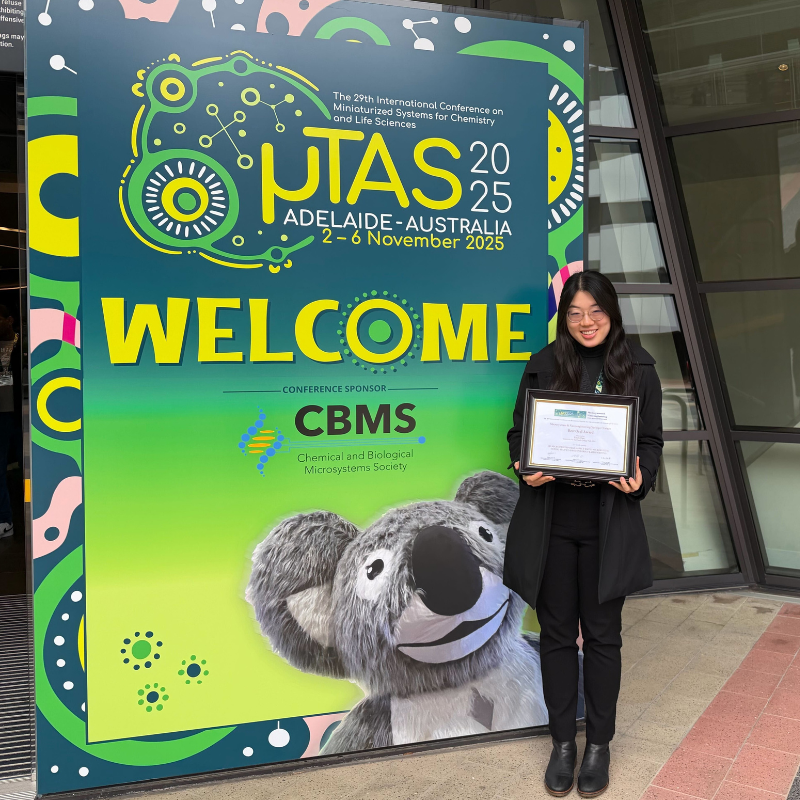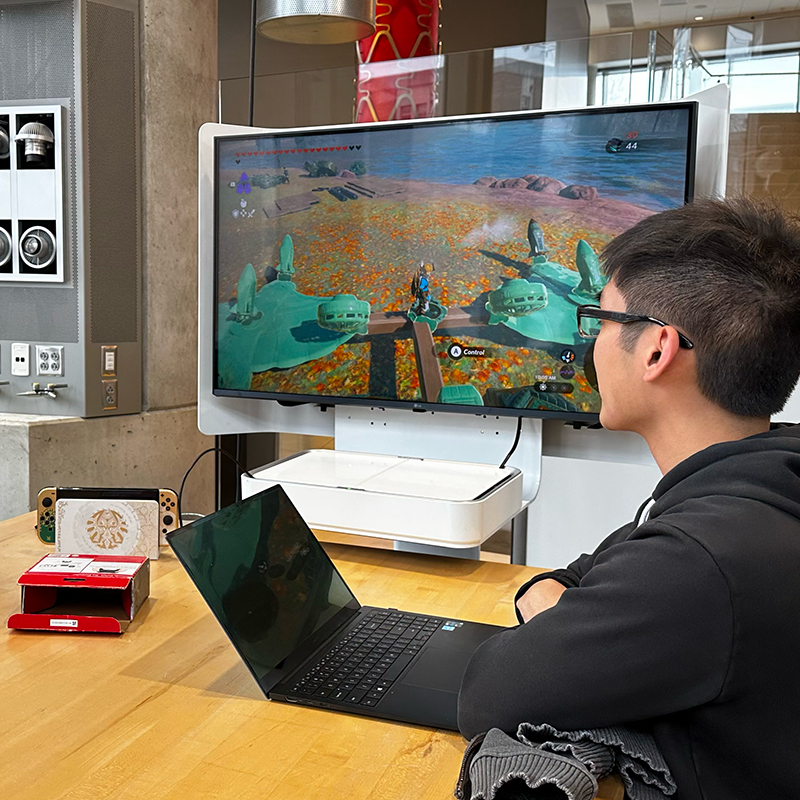News Story
Teng Li Leads NSF Collaborative Research on Nano Ceramic Films in Flexible Electronics
Assistant Professor of Mechanical Engineering, Teng Li, has recently received a three-year, $380,000 National Science Foundation (NSF) collaborative grant, for his research entitled, "Deciphering the Reliability of Nano Ceramic Films on Polymer Substrates: A Mechanistic Study." Li holds the position of Principal Investigator (PI) for the project, along with collaborator Assistant Professor Jun Lou (PI) of Rice University.
With this substantial grant, the collaborative team plans on building a research framework (from analytic modeling, simulations to in situ experiments) in order to explore the underpinning mechanisms that govern the mechanical reliability of nano ceramic films on polymer substrates, important because functional nano ceramic films on polymer substrates are becoming fundamental to emerging technologies, such as flexible electronics and next generation bioactive implants.
"The research will result in broad social impacts," says Li. "The widespread use of flexible electronics, such as paper-like displays, flexible organic light emitting diodes (OLEDs), printable thin-film solar cells, and skin-like smart prostheses can address important societal needs for easy access to information, renewable energy, a sustainable environment and revolutionary concepts for therapy."
The expected outcome of the research is to ascertain knowledge vital to the understanding and the further improvement of the mechanical reliability of functional thin ceramic films on polymer substrates, a crucial but largely unexplored issue in its applications in flexible electronics and next generation bioactive implants.
This NSF collaborative grant is in line with Li's research focus on the mechanical challenges and solutions of flexible electronics. Earlier this year, Li also received a three-year, $309,000 NSF GOALI grant to investigate the mechanics of permeation barriers in flexible electronics.
Published October 13, 2009










